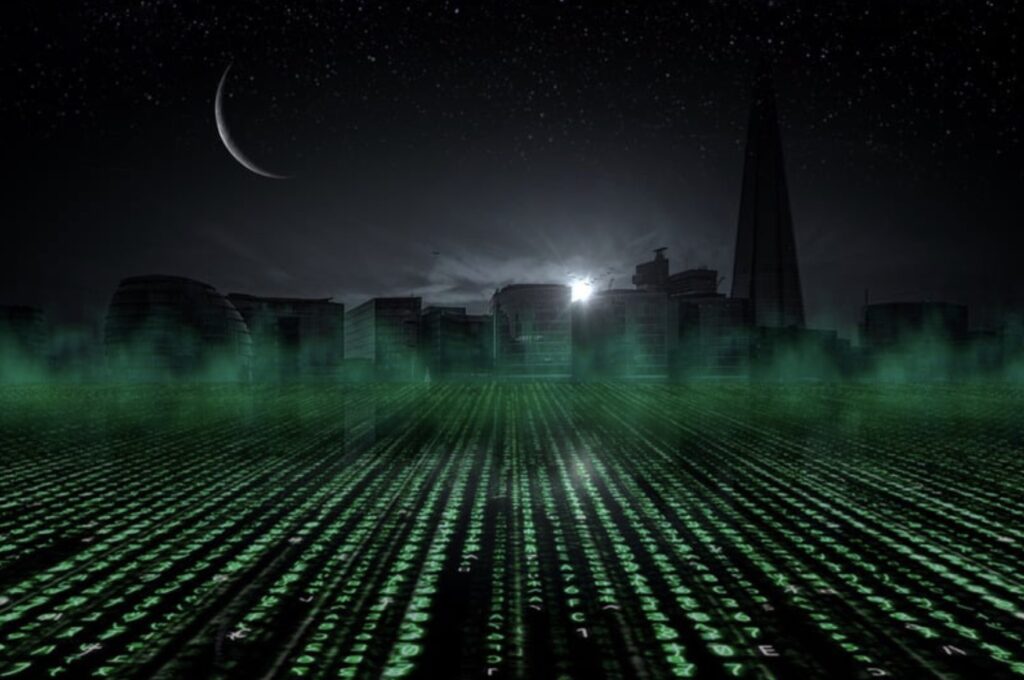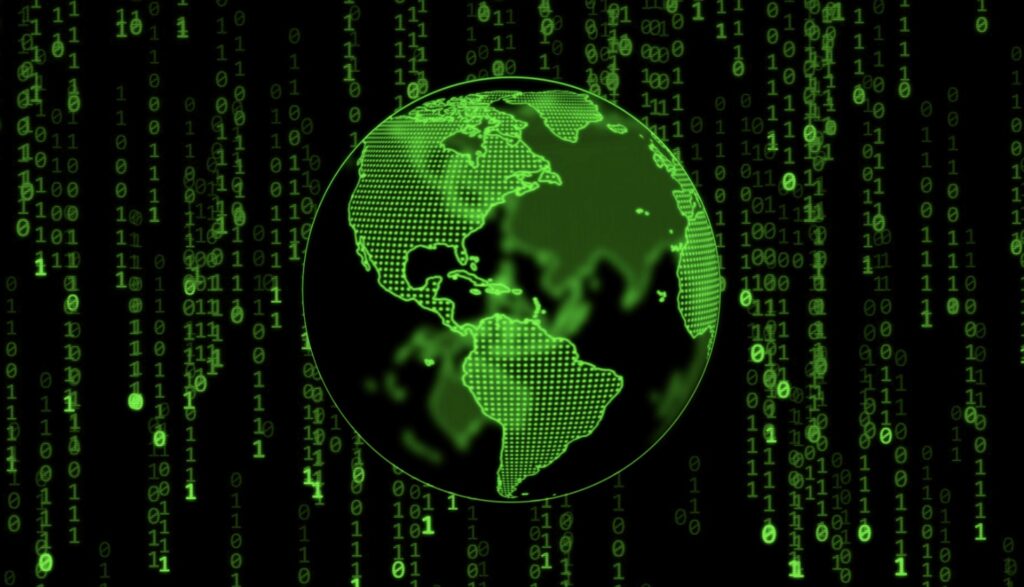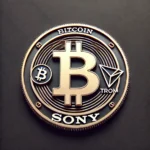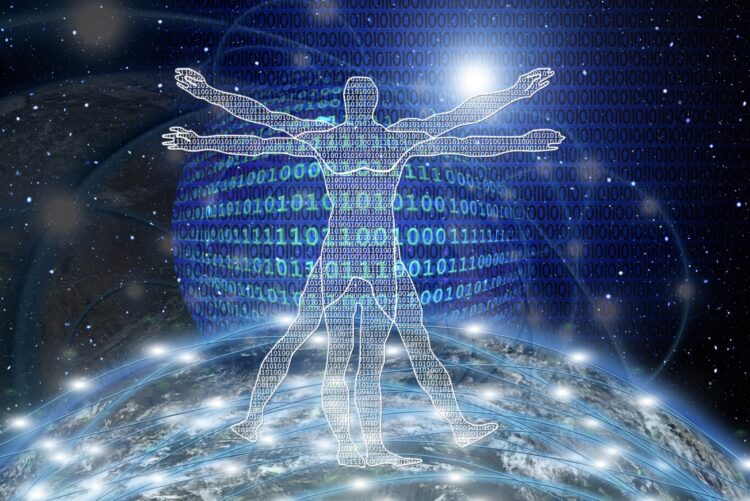Scientists and philosophers alike address the intriguing possibility that our reality might be nothing more than an advanced simulation. The discussion of this possibility begins with reflections on the infinity of numbers, highlighting that some cannot be expressed as infinite, thus making them infinite by definition. This idea is closely related to the possibility that, just as we may never know all infinite numbers, we may never be able to ascertain for sure if we are living in a simulation.
The analogy between the finite digital universe of games like Minecraft and our own Universe suggests that, although our universe may seem infinitely large, it could essentially be finite. This comparison leads us to question the nature of our own reality: if we have not found the end of the universe or the complete meaning of complex numbers, could this be an indication that we are living in a simulation?

To understand the ultimate truth of our existence, we might need to abandon our current way of thinking and start to understand the world differently. This transformation in thought would open the door to questions about the nature of consciousness and whether it could exist or even be transferred outside of our known reality.
Delving deeper into this idea, the possibility that humans are living in a simulated reality, created and controlled by advanced beings for experimental or entertainment purposes, is explored. Although it may seem like a notion taken from science fiction, the theory suggests that, in a distant future, the creation of simulations indistinguishable from reality is likely. This hypothesis allows us to apply what we have learned from simulation to explain phenomena observed in our current reality, such as memory management and data storage, and leads us to question whether the limitations we experience are inherent to our physical environment or characteristics of the simulation itself.

Addressing the concept of determinism in a simulated universe, although it is impossible to definitively prove that we are living in a simulation, the fact that the natural world operates under deterministic rules makes this theory plausible. With current technological advancements, the creation of highly advanced simulations that could potentially house consciousnesses is seen on the horizon.
Finally, the question of whether it is possible to escape a simulation if it is the only reality we have ever experienced is raised. The possibility of multiple simulations and the idea of being trapped within them leads us to the conclusion that, perhaps, it is best to enjoy what we perceive as our reality, as it may be too late to escape the simulation once the truth is discovered.











